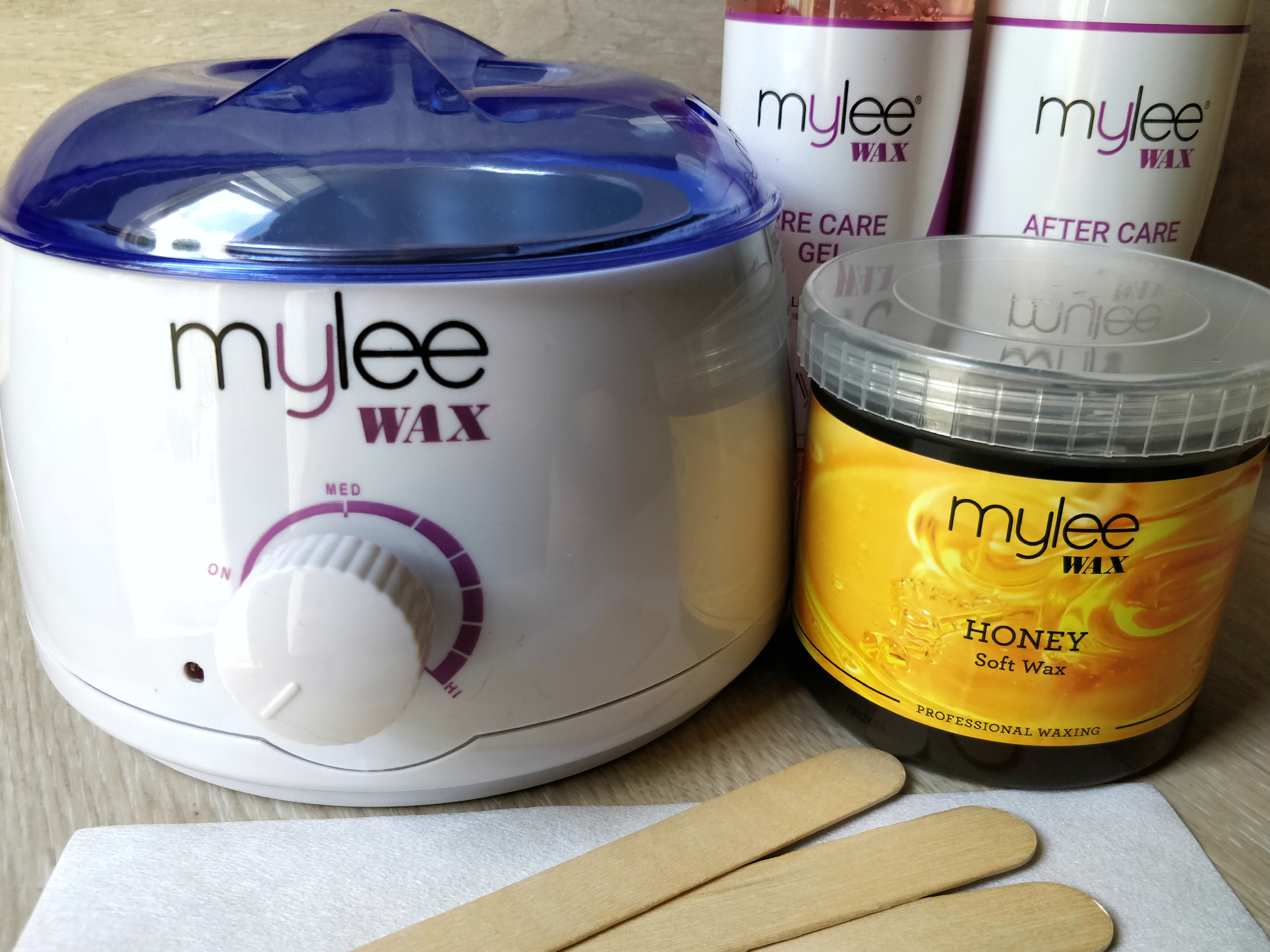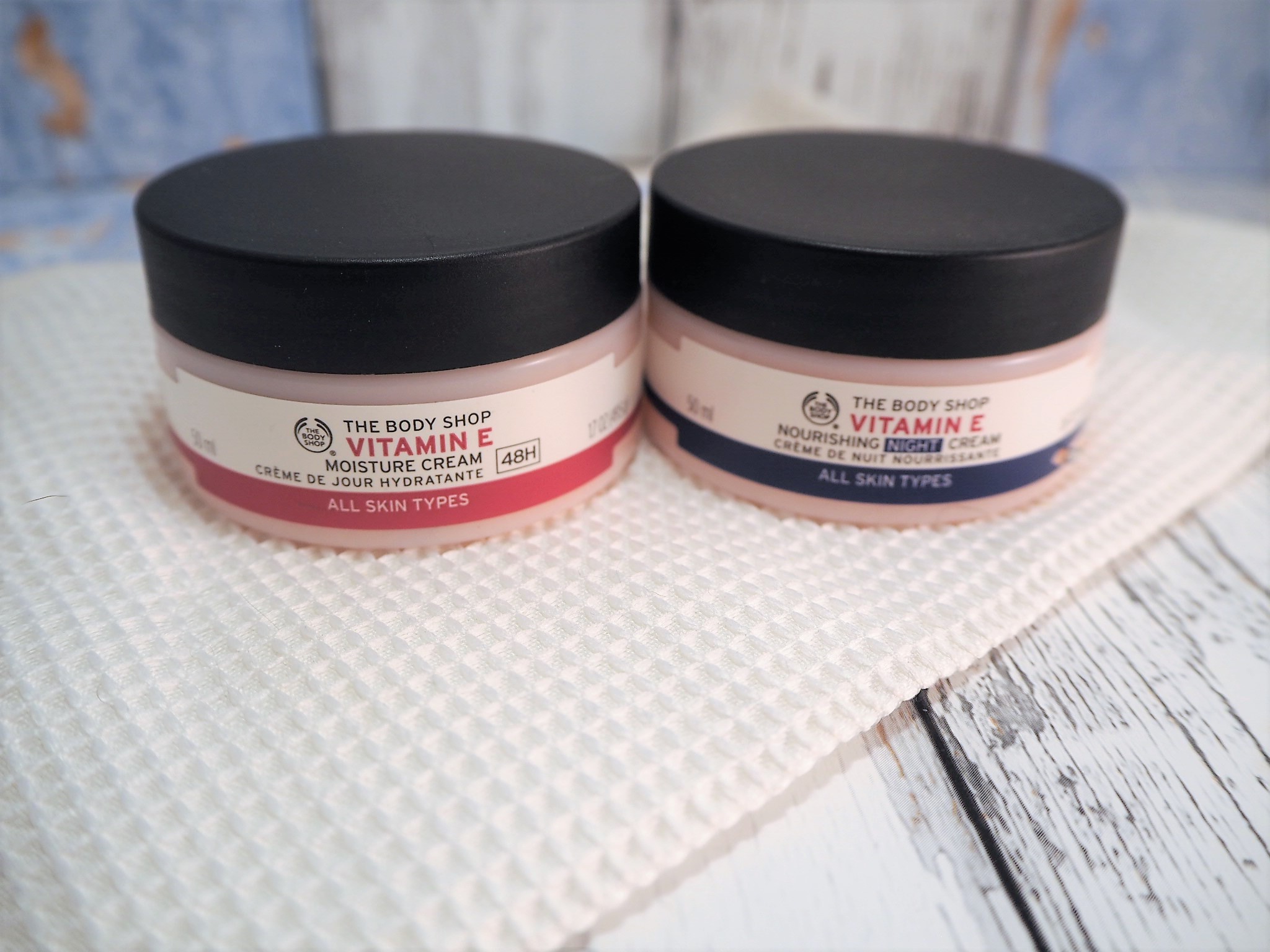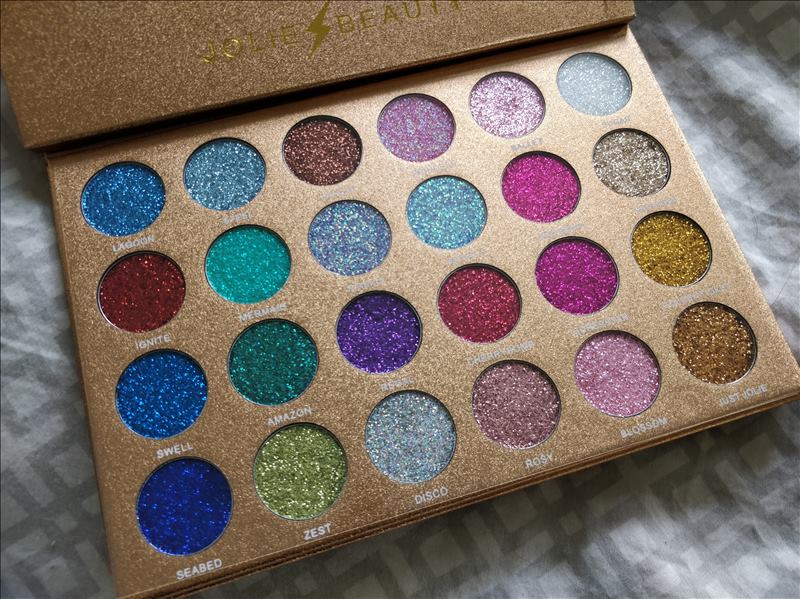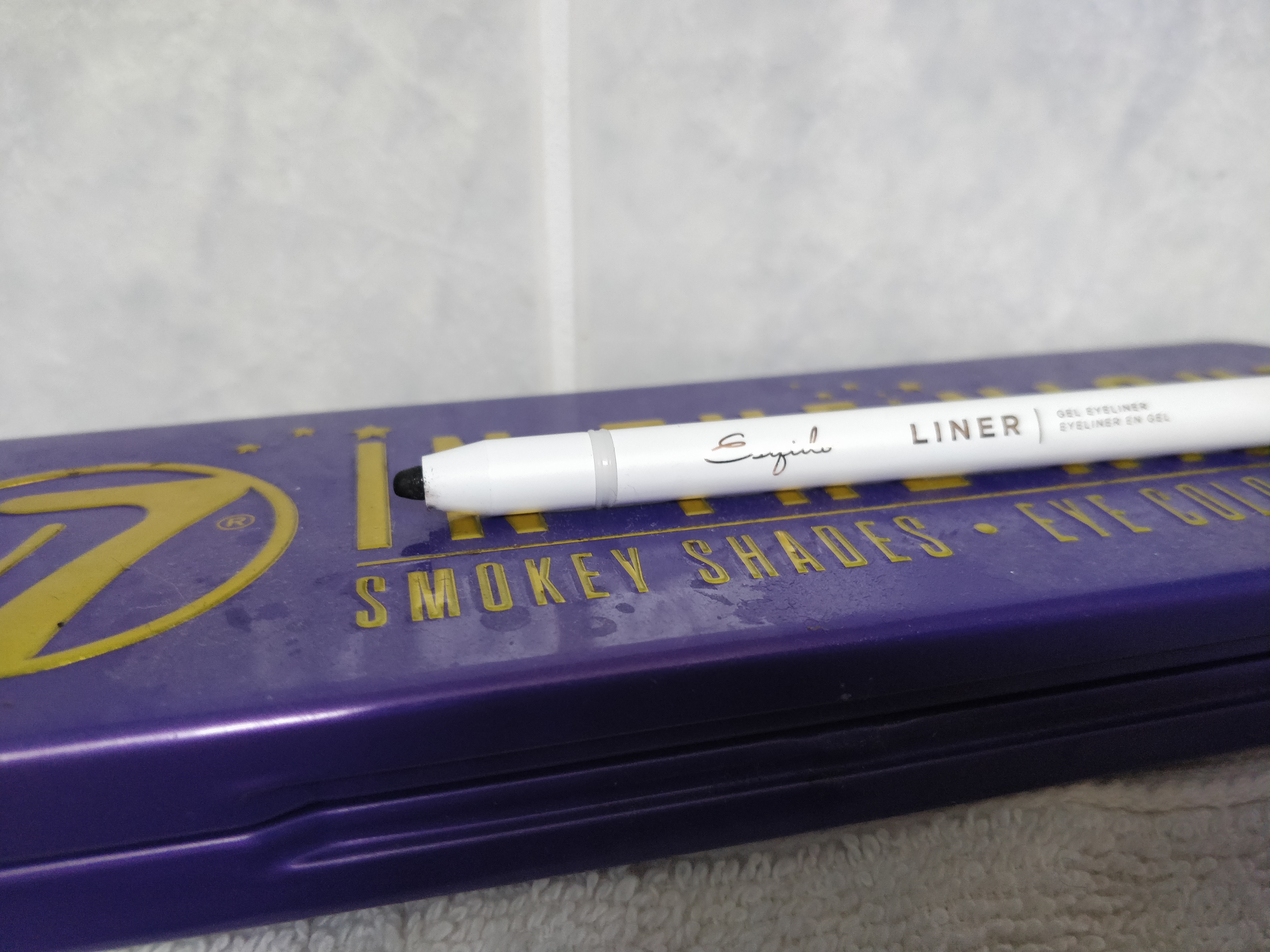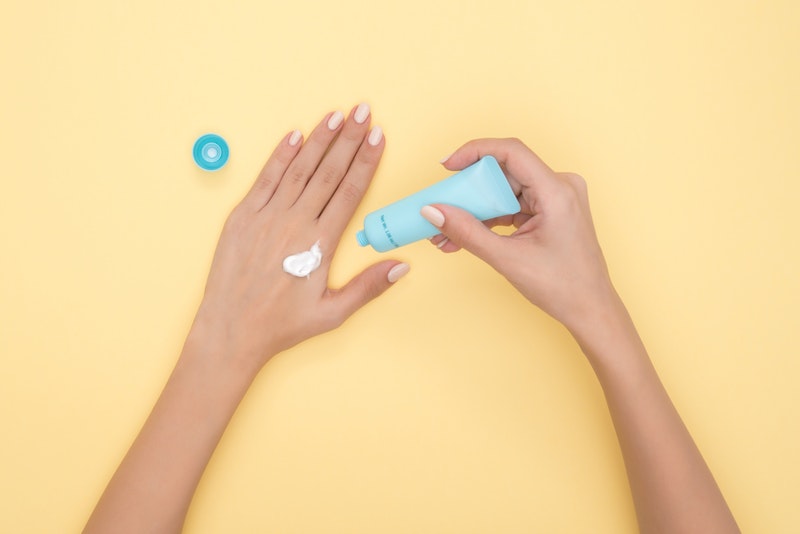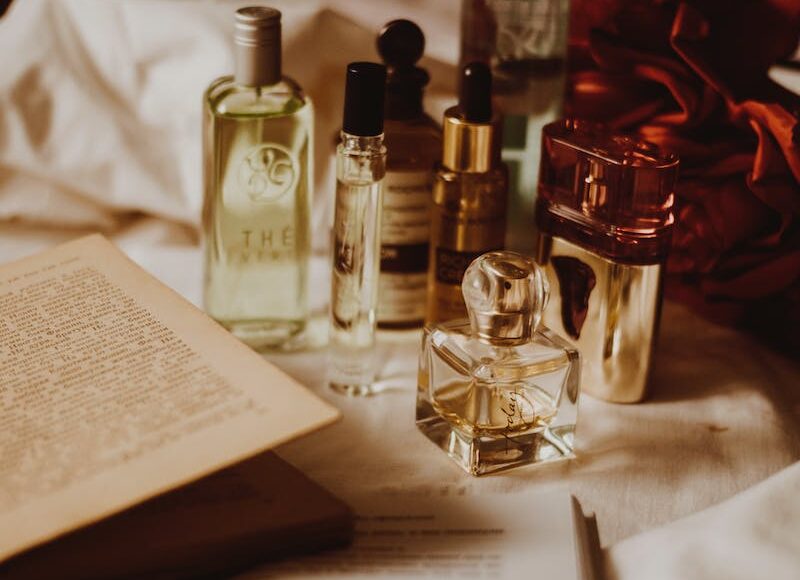How to Look and Feel Younger in Your Late 50’s

Aging is inevitable, and once you’re in your late 50s, you can’t avoid seeing some signs of aging. There are, however, various ways that you can slow down these signs. Keep reading for proven ways to stay healthy and maintain a more youthful look.
Stay hydrated at all times
If you want your skin to look younger, you need to keep it hydrated. This involves drinking enough water on a daily basis. As you age, thirst declines, which means staying hydrated requires extra effort. But the benefits are well worth it, because when you’re dehydrated, your skin becomes dry and dull, which emphasizes wrinkles.
Staying hydrated is also essential for your body to function properly, which helps your skin look plumper and healthier.
Have a NAD drip
Nicotinamide adenine dinucleotide (NAD) is an essential coenzyme in the body. It supports healthy aging, helps DNA to repair itself and makes cells resistant to stress. NAD levels decline naturally over time, but this process can be accelerated by stress and environmental factors.
Replenishing NAD with a NAD drip in London can restore normal levels of this important coenzyme and help you feel your best. It helps with anti-aging and improves your mental clarity, memory, and concentration. It also helps cleanse your system and boosts your metabolic function, raising energy levels. Drip Hydration, EffectDoctors and IV Boost UK are some of the leading names for IV infusion therapy and vitamin injections.
Eat a diet rich in plants
Fruits and vegetables are known to have antioxidant and anti-inflammatory effects. They provide key nutrients such as phytonutrients that help to support healthy aging and ward off damage caused by free radicals.
Try to load your plate with fruits, veggies, nuts, unrefined grains and legumes. Use olive oil for cooking instead of butter, and keep your consumption of meat and dairy to a minimum.
Get a good night of sleep
At the age of 50 you might have an eye bag or dark circles. There are a lot of procedures for that, such as eye bag removal, dermal fillers or chemical peels. However, you can also improve your skin with a simple thing as a restful night of sleep. During deep sleep, the body enters a phase of repair and renewal, and promotes optimal blood circulation, allowing vital nutrients and oxygen to reach the skin cells around the eyes.
Sleep also aids in the regulation of hormone levels, such as cortisol, which, when elevated due to lack of sleep, can lead to inflammation and increased stress on the skin, exacerbating issues like puffiness, dark circles, and fine lines. A proper night of sleep is like nature’s own skincare treatment, offering a range of benefits that contribute to the overall vitality and beauty of the skin, particularly the sensitive area around the eyes.
Limit alcohol and caffeine consumption
Consumption of both alcohol and caffeine in moderation is fine, but consuming too much can accelerate the aging process. If you’re drinking more than four cups of coffee a day, you should cut back. More than this can cause side effects like headaches, insomnia and irritability.
High-risk alcohol intake occurs when you have more than three drinks on any day, or more than 7 drinks a week. Both alcohol and caffeine dehydrate the body and rob it of some key nutrients. This can cause a variety of short and long-term health risks.
If you limit your alcohol and caffeine intake, you will find that you sleep better, absorb nutrients better, and your skin aging slows down.
Exercise regularly
Regular exercise stimulates the blood flow to your brain, so it can help you to think more clearly. It also lifts your mood and helps you to tone your muscles and build strong, healthy bones. You can maintain your muscle mass as you age, remove toxins through sweating, and much more with regular exercise.
Try to make time to exercise three times a week for at least 20 minutes. You can walk, bike, run, swim or dance. When you do what you enjoy most, you will be more motivated to do it on a daily basis.
Manage stress
Many studies show that stress causes physical changes in your body and accelerates aging. When stress is unrelenting, it can cause the constant release of adrenaline and cortisol in your body, which affects your physical and emotional health.
Yoga can help you to deal with your stress, increase your flexibility, give you more energy and more. Meditation is proven to reduce stress levels. Sit in a quiet place for 10 to 20 minutes on a daily basis. Close your eyes, relax your muscles, and breathe deeply and slowly. Deep breathing exercises are another way many people use to manage stress when they are pressed for time.
Adopt a good skin care regimen
Skin is the largest organ of the body and shows the most visible signs of aging, which is why it is so important to follow a good skin care regimen. Make sure you use broad-spectrum sunscreen every day to protect against the sun’s UVA and UVB rays. You should also use a moisturizer on a daily basis to increase your skin’s elasticity and keep it hydrated.
Look for skin creams that contain retinol, a type of vitamin A that can help to prevent wrinkles. Alpha Lipoic Acid is another useful ingredient that can reduce fine lines, tighten pores and improve skin texture. If you want to protect your skin against free radicals and stimulate collagen growth, try applying a vitamin C serum under your moisturizer.
